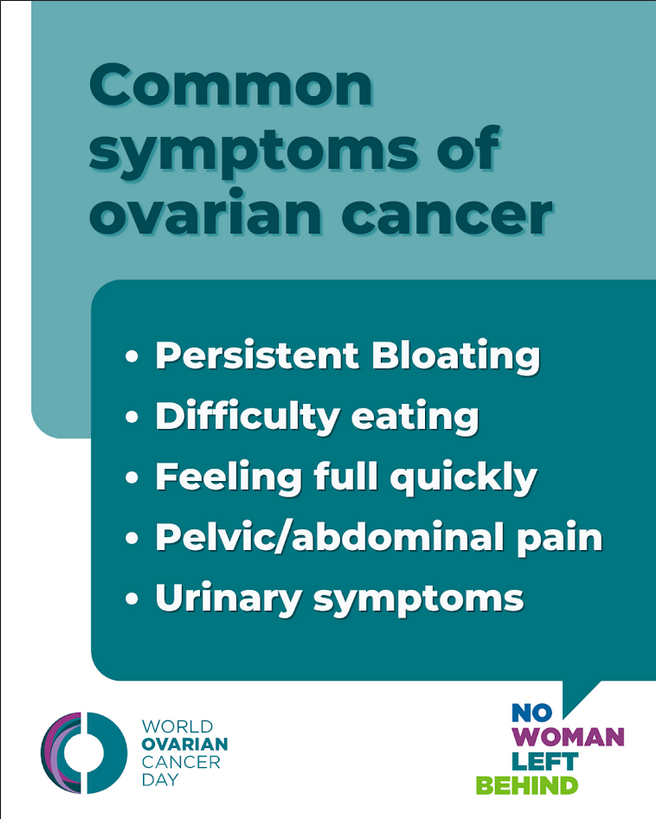“Cognitive behavioural therapy (CBT) is a type of
talking therapy where a therapist helps you to change
how you think and act. It can treat many different…”.1
Umbrella
What may the Cognitive Behavioural Therapy Umbrella include?
Depending on the Source (DotS) this Umbrella may include:
- Cognitive Behavioral/Behaviour/Behavioural Therapy (CBT)
- Mindfulness Based Cognitive Therapy (MBCT)
- Mindfulness Based Stress Reduction (MBSR)
Definition
What is cognitive behavioural therapy (CBT)?
DotS the definition of CBT may vary. The (United Kingdom) NHS’s definition is:
The (United States) National Alliance on Mental Illness’ (NAMI) definition is:
On page one in Cognitive Behaviour Therapy (CBT) for Menopausal Symptoms the (British) Women’s Health Concern’s (WHC) definition is:
Treatment
What may CBT be used to treat?
In Psychotherapy: Popular Types of Psychotherapy – Cognitive Behavioral Therapy the NAMI:
 “Studies of CBT have shown it to be an effective treatment for a wide variety of mental illnesses, including depression, anxiety disorders, bipolar disorder, eating disorders and schizophrenia. Individuals who undergo CBT show changes in brain activity, suggesting that this therapy actually improves your brain functioning as well”.5
“Studies of CBT have shown it to be an effective treatment for a wide variety of mental illnesses, including depression, anxiety disorders, bipolar disorder, eating disorders and schizophrenia. Individuals who undergo CBT show changes in brain activity, suggesting that this therapy actually improves your brain functioning as well”.5In Cognitive Behavioural Therapy (CBT): What CBT Is For the NHS elaborate on:
- Depression, including postnatal depression
- Anxiety, including social anxiety, phobias and obsessive compulsive disorder (OCD)
- Post-traumatic stress disorder (PTSD)
- Eating disorders, including anorexia and bulimia
- Bipolar disorder
- Personality disorders…
CBT can also help with other conditions including:
- Sleep problems such as insomnia
- Problems with alcohol and drugs
- Long-term pain
- Irritable bowel syndrome
- Chronic Fatigue Syndrome (CFS)”.6
How
How does CBT work?
In Psychotherapy: Popular Types of Psychotherapy – Cognitive Behavioral Therapy the NAMI:
NICE Guideline, 07 November 2024
What do the National Institute for Health and Care Excellence (NICE) recommend about CBT in their Menopause: Identification and Management?
On page 12 in Menopause: Identification and Management – Recommendations: 1.4 Discussing Management Options With People Aged 40 or Over [NICE Guideline Published: 12 November 2015 Last Updated: 07 November 2024] the NICE recommend:
 “Evidence showed that cognitive behavioural therapy (CBT) could be an option for some people with vasomotor symptoms, depressive symptoms or sleep problems. CBT could be used either alongside HRT or, for people for whom HRT is contraindicated or who prefer not to take it, instead of HRT. Several types of CBT (for example, online or group sessions) were found to be effective, but the evidence did not show that 1 option was better than another. The committee therefore recommended that the available options should be discussed with the person. They were also aware that some people needed information on what CBT involves. It was recognised that people have different preferences and needs and that these should be taken into account during these discussions (for example, reasonable adjustments may be needed for people with learning disabilities)”.8
“Evidence showed that cognitive behavioural therapy (CBT) could be an option for some people with vasomotor symptoms, depressive symptoms or sleep problems. CBT could be used either alongside HRT or, for people for whom HRT is contraindicated or who prefer not to take it, instead of HRT. Several types of CBT (for example, online or group sessions) were found to be effective, but the evidence did not show that 1 option was better than another. The committee therefore recommended that the available options should be discussed with the person. They were also aware that some people needed information on what CBT involves. It was recognised that people have different preferences and needs and that these should be taken into account during these discussions (for example, reasonable adjustments may be needed for people with learning disabilities)”.8 Hot Flushes
Is CBT effective in managing hot flushes?
In How To Manage Menopausal Symptoms: Managing Sleep Disturbance – Therapies and Supplements: Cognitive Behavioural Therapy (CBT) the JH note:
On page five in Cognitive Behaviour Therapy (CBT) for Menopause Symptoms: CBT for Hot Flushes the WHC elaborate on:
 “CBT for hot flushes focuses on the links between physical symptoms, thoughts, feelings and behaviour. The way we think about symptoms in certain situations tends to affect the emotions we feel and what we do, and these reactions can in turn increase intensity of the hot flushes”.10
“CBT for hot flushes focuses on the links between physical symptoms, thoughts, feelings and behaviour. The way we think about symptoms in certain situations tends to affect the emotions we feel and what we do, and these reactions can in turn increase intensity of the hot flushes”.10Health Care Provider
What if I think I could benefit from CBT?
If you would think you could benefit from CBT, it may be in your best interest to choose to talk to your health care provider about this. Together you can discuss your options and if required, agree on who may be the most appropriate health care provider to help you.
In Cognitive Behavioral Therapy: Overview the (United States) Mayo Clinic elaborate on:
Health Topics A-Z
Where may I find Health Topics A-Z related to Cognitive Behavioural Therapy?
In Health Topics A-Z you may find:
Links
Where may I find Links related to Cognitive Behavioral Therapy?
Your Country may have Links similar to:
Links
This Links List to third party websites is neither comprehensive nor exhaustive. Inclusion on this Links List does not imply endorsement or recommendation. Non-inclusion on this Links List does not imply non-endorsement or non-recommendation. Third party websites are not under the control of Meno Martha International Menopause Directory. Third party websites may contain explicit medical images and/or sexual references. Please read Meno Martha International Menopause Directory’s Links Policy before proceeding to a Link. Please contact Webmaster if you experience a problem with a Link.New or Updated
- CBT for Menopausal Symptoms [21 October 2024]
- Can Cognitive Behavioral Therapy Help Manage Menopause Symptoms? [22 April 2025]
- Cognitive Behavioural Therapy (CBT) [28 March 2025]
- Consumer Video and Podcast Series: 2024 Consumer Videos and Podcasts – Cognitive Behavioral Therapy and Menopause [03 December 2024]
- Menopause: Identification and Management [NICE Guideline Published: 12 November 2015 Last Updated: 07 November 2024]

- National Institute for Health and Care Excellence: Final – Menopause [A] Cognitive Behavioural Therapy [Nice Guideline NG23]
- A Pragmatic Approach To the Management of Menopause
- ACOG Explains: Managing Menopause Symptoms [American College of Obstetricians and Gynecologists]
- Anxiety
- Anxiety Self-Help Guide
- Association for Behavioural and Cognitive Therapies [United States]
- BMS TV: Menopause Explained
- British Association for Behavioural & Cognitive Psychotherapies [United Kingdom]
- CBT Is An Effective Treatment for Many Mental Health Issues – But Here’s Why It May Not Suit Everyone
- CBT for Menopausal Symptoms
- Can Cognitive Behavioral Therapy Help Manage Menopause Symptoms?
- Cognitive Behavioral Therapy
- Cognitive Behavioral Therapy for Menopausal Symptoms
- Cognitive Behaviour Therapy (CBT) for Menopausal Symptoms
- Cognitive Behavioural Therapy (CBT)
- Cognitive Behavioural Therapy (CBT)
- Consumer Video and Podcast Series: 2024 Consumer Videos and Podcasts – Cognitive Behavioral Therapy and Menopause
- Consumer Video and Podcast Series: 2024 Consumer Videos and Podcasts – Preparing for Your Menopause Health Care Visit
- Emerging Research In the Management of Menopausal Symptoms
- Find A Menopause Practitioner [United States and Other]
- Find An AMS Member [Australasian Menopause Society: Australia and New Zealand]
- Find Your Nearest BMS Menopause Specialist [British Menopause Society]
- First Symptoms of Menopause
- HRT Questions Answered
- Handling Hot Flushes and Night Sweats| Dr Louise Newson
- Harness the Power of Your Mind To Beat Hot Flushes: It’s the Symptom That Plagues So Many Menopausal Women — and Now Here’s A Drug-Free Way That’s Proven To Tackle It
- Hot Flashes: What Can I Do? [+ Video: What Are the Signs and Symptoms of Menopause?]
- How It Works – Cognitive Behavioural Therapy (CBT)
- How Mindfulness Meditation Improves Mental Health
- How To Manage Your Menopausal Symptoms
- How To Talk To Your Doctor About Menopause
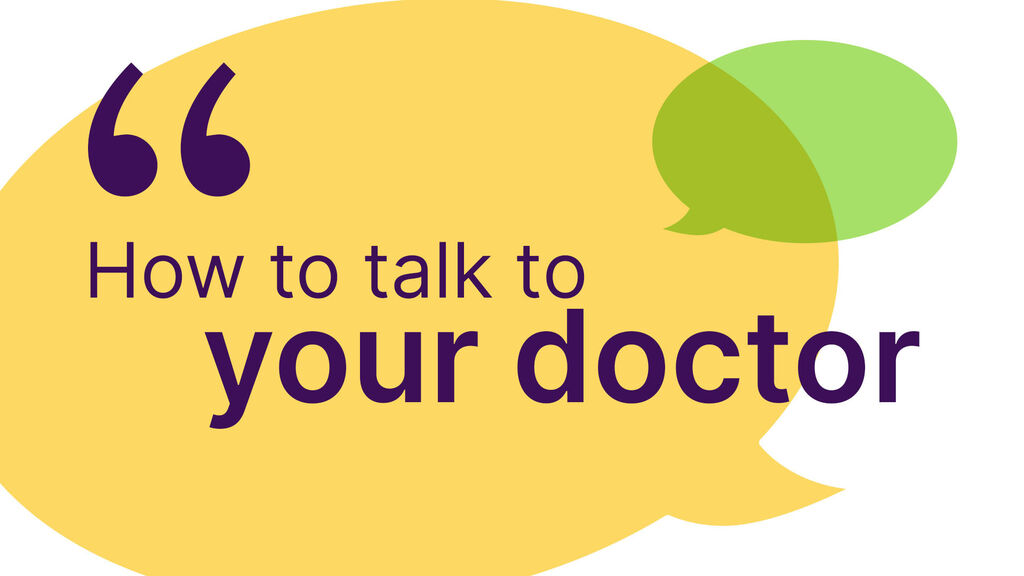
- Information for Partners
- Impact of the CBT-Meno Protocol on Menopause-Specific Beliefs, Dysfunctional Attitudes, and Coping Behaviors
- Is Cognitive Behaviour Therapy An Effective Option for Women Who Have Troublesome Menopausal Symptoms?
- Joint Position Statement By the British Menopause Society, Royal College of Obstetricians and Gynaecologists and Society for Endocrinology on Best Practice Recommendations for the Care of Women Experiencing the Menopause
- Later Years (Around 50 Years and Over): Menopause and Post Menopause Health – Menopause and Your Mental Wellbeing [+ Video: Menopause Only Affects You Physically!] [Other Languages and Formats]
- Later Years (Around 50 Years and Over): Menopause and Post Menopause Health – Signs and Symptoms of Menopause [+ Video: Talking Menopause With Your GP] [Other Languages and Formats]
- Later Years (Around 50 Years and Over): – Supporting Someone Through the Menopause [+ Video: Men Don’t Need To Know About Menopause] [Other Languages and Formats]
- Looking After Yourself Around the Time of Menopause
- Managing Menopausal Symptoms With CBT
- Mastering Midlife Mood Changes With Marlene Freeman, MD
- Menopause
- Menopause
- Menopause

- Menopause
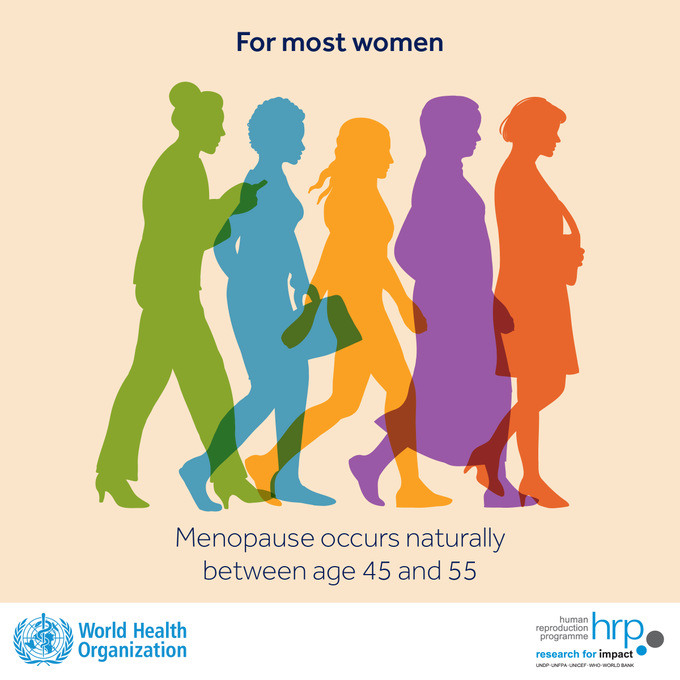
- Menopause Checklist Podcast
- Menopause Management Options
- Menopause Map: Downloadable Resources – My Personal Path Print Tools: Questions for Your Health Care Provider

- Menopause Map: Downloadable Resources – My Personal Path Print Tools: Symptom Tracker
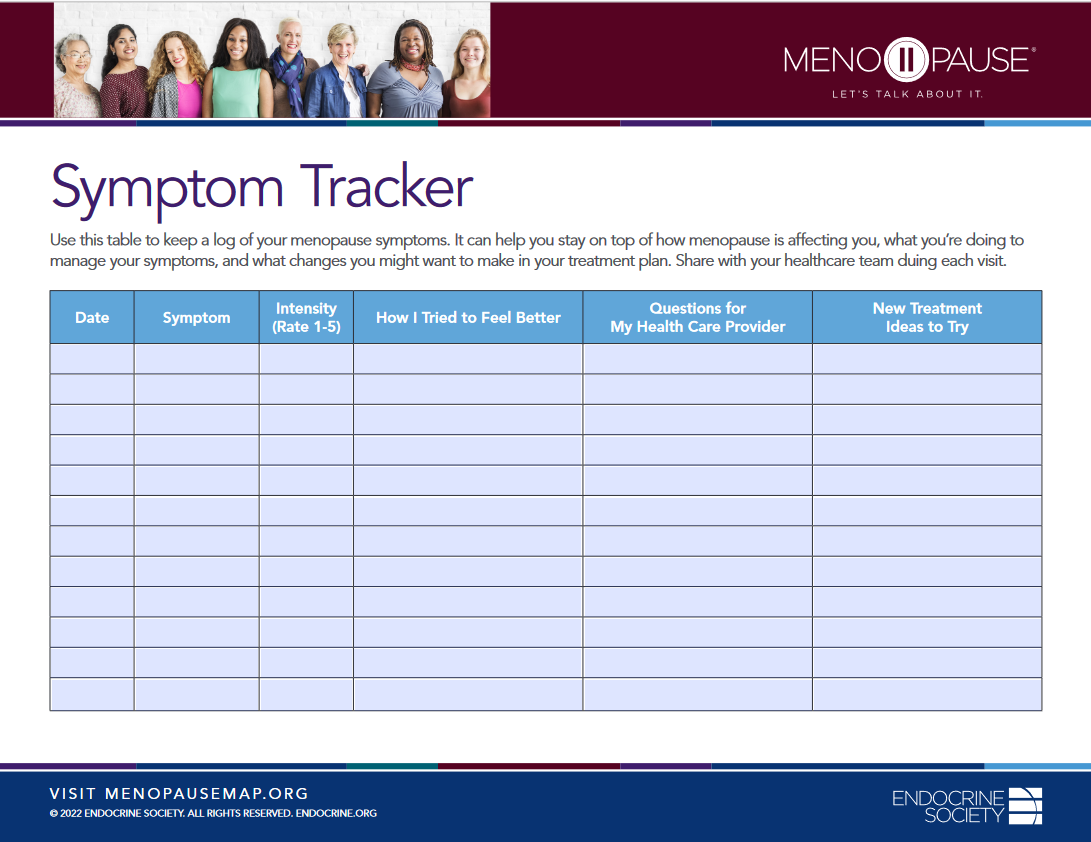
- Menopause Patient Information [Videos] 1. What Is Menopause?
- Menopause Patient Information [Videos] 2. Talking To Your GP About Menopause
- Menopause Patient Information [Videos] 5. Lifestyle Advice In Menopause & Perimenopause
- Menopause Symptoms: Mayo Clinic Expert Outlines Hormone and Nonhormonal Therapies
- Menopause Treatments: What Works, What Doesn’t – Cognitive Behavioural Therapy (CBT) and Mindfulness
- Menopause and Mental Health
- Menopause and Sleep
 Menopause and Your Mental Wellbeing
Menopause and Your Mental Wellbeing- Menopause: Ensuring A Tranquil Transition
- Menopause: Identification and Management [NICE Guideline Published: 12 November 2015 Last Updated: 07 November 2024]
- Menopause: Identification and Management: NICE Guideline [NG23] Published: 12 November 2015 Last Updated: 07 November 2024
- Menopause: Things You Can Do
- Menopause: Understanding the Changes and Finding Relief | Dr Susan Davis | The Proof Podcast EP 256
- Menopause: Why Psychological Therapy Is Now Being Recommended for Hot Flushes
- Mood and the Menopause
- Mymenoplan.org [My Menoplan, United States]
- National Institute for Health and Care Excellence: Final – Menopause [A] Cognitive Behavioural Therapy [Nice Guideline NG23]
- Navigating Menopause: Expert Insights and Solutions | Dr Susan Davis | The Proof Podcast EP 245
- Navigating Menopause Care Resource Guide
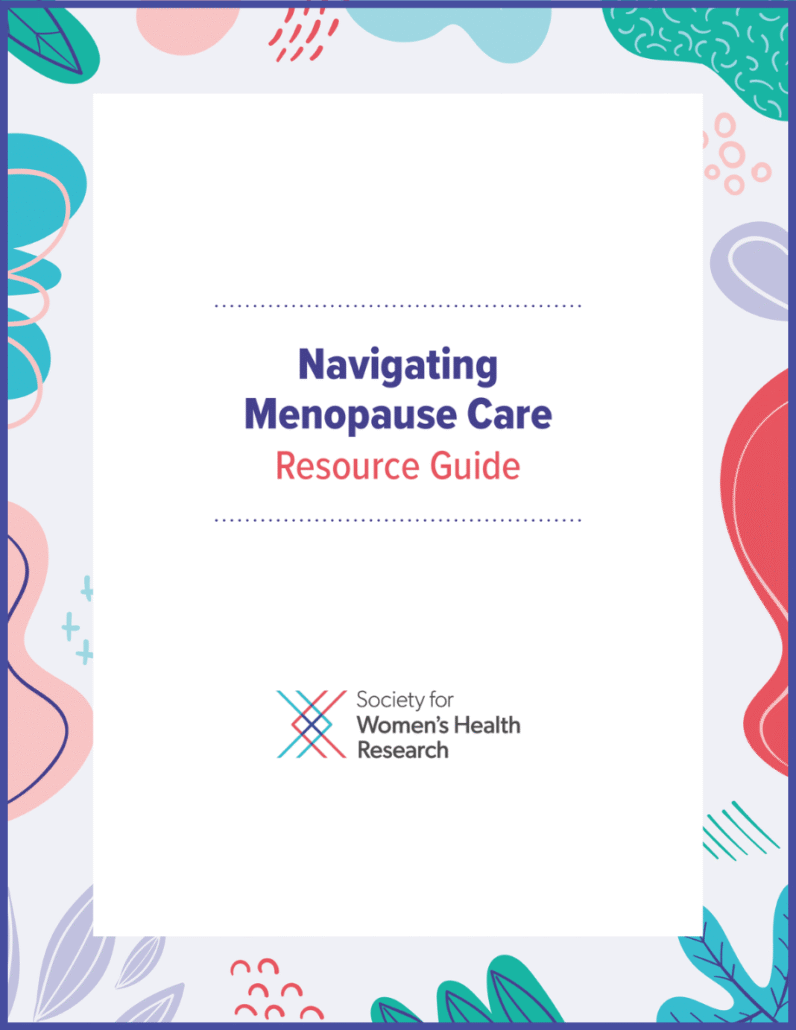
- Nonhormone Treatments for Hot Flashes and Night Sweats
- Perimenopause
- Perimenopause
- Perimenopause and Menopause Checklist: Translated Checklists
- Perimenopause and Menopause Symptom Checklist

- Promoting Good Mental Health Over the Menopause Transition
- Psychotherapy: Popular Types of Psychotherapy – Cognitive Behavioral Therapy
- Reframing Unhelpful Thoughts
- Resources: Fact Sheets

- Self-Help CBT Techniques
- Self-Help Cognitive Behavior Therapy for Working Women With Problematic Hot Flushes and Night Sweats (MENOS@Work): A Multicenter Randomized Controlled Trial
- Self-Help Tool: Menopause and Mental Wellbeing
- Summary of BMS Response To NICE Menopause Guidance
- Supporting A Loved One Through Menopause
- Therapy Could Be Effective Treatment for Non-Physical Symptoms of Menopause
- Tips To Help Manage Menopause Symptoms
- Top Tips To Improve Your Mental Wellbeing
- Types of Talking Therapies
- Types of Talking Therapies: Cognitive Behavioural Therapy (CBT)
- Updated 2024 NICE Menopause Guidance Summary
- Webinars: Previous – IMS & ISE Symposium: What’s Hot? Options for Treatment of Hot Flushes 2025
- Webinars: Previous – Lifestyle Medicine
- Webinars: Non-Pharmacological Interventions For VMS
- Webinars: Symposia – IMS & ISE Symposium: What’s Hot? Options for Treatment of Hot Flushes 2025
- What Is CBT? [Multiply Languages]
- What Is Cognitive Behavioral Therapy?
- What Is Menopause? [+ Video]
- When Does Perimenopause Start and How Do You Define the Beginning
- World Menopause Day 2025
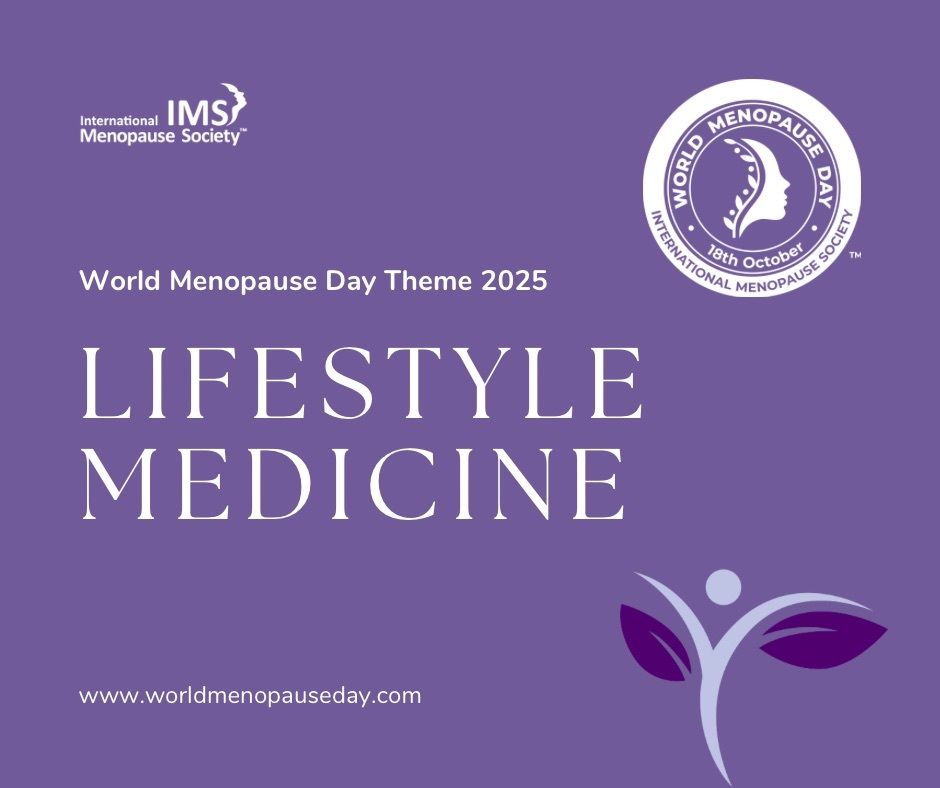
Sources
Where may I find the Sources quoted?
You may find the Sources quoted at:
Sources
- Cognitive Behavioural Therapy (CBT): Overview. Page Last Reviewed: 28 March 2025. NHS https://www.nhs.uk/mental-health/talking-therapies-medicine-treatments/talking-therapies-and-counselling/cognitive-behavioural-therapy-cbt/overview/ Accessed: 12 November 2025
- Cognitive Behavioural Therapy (CBT): Overview. Page Last Reviewed: 28 March 2025. NHS https://www.nhs.uk/mental-health/talking-therapies-medicine-treatments/talking-therapies-and-counselling/cognitive-behavioural-therapy-cbt/overview/ Accessed: 12 November 2025
- Psychotherapy: Popular Types of Psychotherapy – Cognitive Behavioral Therapy. National Alliance on Mental Illness https://www.nami.org/treatments-and-approaches/psychotherapy/ Accessed: 12 November 2025
- Cognitive Behaviour Therapy (CBT) for Menopausal Symptoms. Publication Date: February 2023:1. British Women’s Health Concern https://www.womens-health-concern.org/help-and-advice/factsheets/cognitive-behaviour-therapy-cbt-menopausal-symptoms/ Accessed: 12 November 2025
- Psychotherapy: Popular Types of Psychotherapy – Cognitive Behavioral Therapy. National Alliance on Mental Illness https://www.nami.org/treatments-and-approaches/psychotherapy/ Accessed: 12 November 2025
- Cognitive Behavioural Therapy (CBT): What CBT Is For. Page Last Reviewed: 28 March 2025. NHS https://www.nhs.uk/mental-health/talking-therapies-medicine-treatments/talking-therapies-and-counselling/cognitive-behavioural-therapy-cbt/overview/ Accessed: 12 November 2025
- Psychotherapy: Popular Types of Psychotherapy – Cognitive Behavioral Therapy. National Alliance on Mental Illness https://www.nami.org/treatments-and-approaches/psychotherapy/ Accessed: 12 November 2025
- Menopause: Identification and Management [NICE Guideline]: Recommendations – 1.4 Discussing Management Options With People Aged 40 or Over. Published: 12 November 2015. Last Updated: 07 November 2024]. Page 12. National Institute for Health and Care Excellence https://www.nice.org.uk/guidance/ng23/resources/menopause-identification-and-management-pdf-1837330217413 Accessed: 12 November 2025
- Managing Your Symptoms: Managing Sleep Disturbance – Therapies and Supplements: Cognitive Behavioural Therapy (CBT). Last Updated: 19 May 2025 | Last Reviewed: 22 April 2025. Jean Hailes for Women’s Health https://www.jeanhailes.org.au/health-a-z/menopause/managing-your-symptoms Accessed: 12 November 2025
- Cognitive Behaviour Therapy (CBT) for Menopause Symptoms: CBT for Hot Flushes. Publication Date: February 2023:5. British Women’s Health Concern https://www.womens-health-concern.org/help-and-advice/factsheets/cognitive-behaviour-therapy-cbt-menopausal-symptoms/ Accessed: 12 November 2025
- Cognitive Behavioral Therapy: Overview. 26 February 2025. Mayo Clinic https://www.mayoclinic.org/tests-procedures/cognitive-behavioral-therapy/about/pac-20384610 Accessed: 12 November 2025





